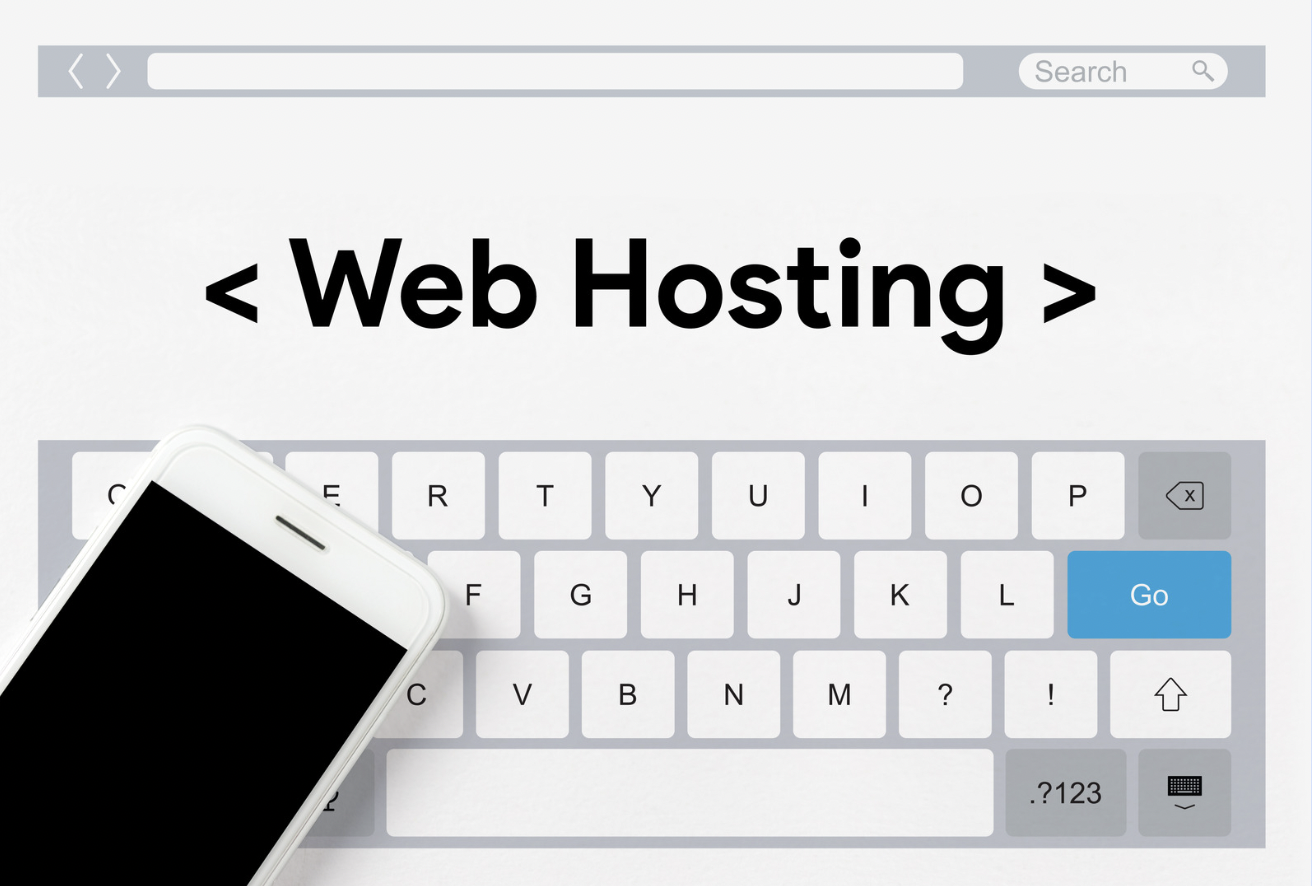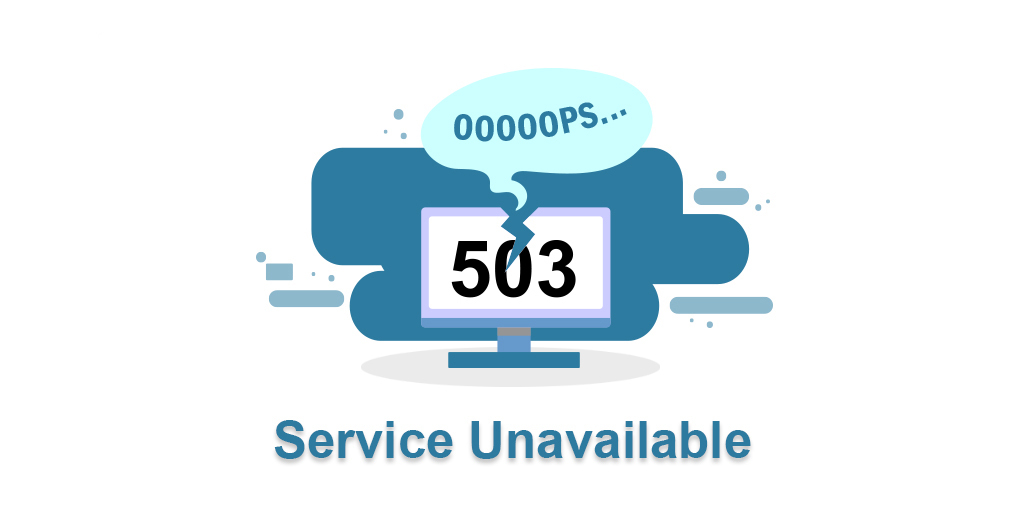A website is essential for the success of your business. It's easy to build a small business website with a few simple steps, but selecting the appropriate hosting plan is one of the first critical decisions.
Estimating the cost of web hosting can be a difficult process. Many providers advertise inexpensive and catchy rates for a 30-day period. The rate is usually accessible only if you commit to and pay for three years of service. Even if you believe you're getting a good price, it turns out that another company can host your site at a much lower cost.
We want to break down the marketing tricks and outline precisely what you will be charged when you sign up for one year of hosting, taking into account taxes, setup fees, and rate alterations to avoid making web hosting prices a constantly shifting target.
Different Types of Web Hosting
While there are many types of web hosting out there, here are five important kinds you should know:
- Shared hosting is where most people begin their hosting journey, which is ideal for beginners. Usually, it's the most affordable option.
- Virtual Private Server (VPS) hosting does not require sharing the server with others, but it gives you more control over shared hosting by providing your own dedicated resources within the larger server space.
- Designed specifically for WordPress users, this hosting option is similar to shared hosting but more expensive. You have the option of unmanaged - WordPress hosting (where you can manage your website's maintenance and security) or managed WordPress hosting (where your hosting provider handles technical aspects).
- In dedicated hosting, the server is entirely yours and you have complete control over it. Usually, this is the most costly form of hosting.
- Cloud hosting is where most hosting providers use servers that are located in physical data centers, but cloud hosting providers use a hybrid approach that includes both physical and virtual servers to offer greater flexibility.

Costs vary according to type of web hosting plans
Shared hosting
A beginner hosting is called shared hosting. Shared hosting is a highly competitive industry, which means that consumers can benefit from a low monthly fee. Monthly fees for entry-level models typically range from $2.51/£2.00/€2,35 to $4.62/£3.70/€4.33 for mid options. Shared hosting enables users to share their web server with other websites. Other websites could be present in the range of a few hundred to thousands.
The price of shared hosting is a significant plus. Potential security risks, lack of uptime assurance, and limited resources posed by websites make them difficult to scale. For static websites with low traffic, new sites and static pages this is the best option.
(VPS) hosting
Next is virtual private server (VPS) hosting. On average the cost of a VPS plans falls somewhere between the price of shared hosting and the price of dedicated hosting. Users pay between $20/£16.00/€18.76 and $100/£80.00/€94.00 per month. While using a VPS, users can still share server space with other websites. Despite this, there are fewer websites that are in the same space. It empowers websites to manage heightened traffic volumes and boosts the level of site security.
Users will have more control over their hosting environment, which is a better option than shared hosting for privacy purposes. The bare minimum level of hosting for e-commerce websites should be attained. The drawback of VPS is the possibility of increased costs and a potential for slower uptime.
Dedicated hosting
In dedicated hosting, an entire server is allocated to the user. Users have complete control over the environment of their server, which allows them to modify the operating system, software, and general configurations. Dedicated hosting typically costs around $100/£80.00/€94.00 per month. Websites hosted on dedicated servers can achieve faster performance, manage high traffic volumes more efficiently, and experience reduced downtime due to the availability of extensive bandwidth, storage space, and RAM. More secure dedicated servers are necessary for larger businesses that have sensitive data.

Cloud hosting
Cloud hosting is a collection of servers that work together, rather than being managed by a single server like traditional hosting services. Most importantly, the extreme frequency with which servers go down is its main benefit. To maintain website performance even when traffic is high, cloud hosting does an excellent job of balancing traffic. Unlike traditional hosting, which charges for a fixed monthly fee, cloud hosting typically requires users to pay as much or more as possible and only account for what they use.
WordPress Hosting
If you want to build your own site with WordPress, chances are you have looked into hosting plans for the platform. These plans are comparable to shared hosting arrangements, but they've been crafted with particular features. Whether it's auto updating or one-click installation, both features are intended to simplify the lives of WordPress users.
Choosing WordPress hosting will cost you between $1.99/£1.59/€1,87 -$19.99/£16.00/€18,75 per month.
Hidden fees
Building and maintaining a website involves more than just web hosting expenses. Extra charges may involve a domain name, SSL certificate (around $15/£12/€14 per year), premium themes or templates, premium plugins, and additional third-party integrations and tools.
The following items briefly touch on the other costs of website hosting:
- For instance, a domain name is equivalent to a web address, such as forbes.com. While a majority of the best web hosting plans come with a complimentary domain name, you can also purchase a separate domain name from a domain name registrar like Namecheap or Domain.com for roughly $12/£9.60/€11.26 to 15 per year.
- The SSL certificate is a security measure that safeguards sensitive data from unauthorized access. Just as with domain names, many hosting plans offer it for free, while others charge an additional fee of $10/£8/€9.38 to $200/£160/€188 per year.
- Premium themes and templates enable users to personalize their websites. While the majority of hosting plans offer a limited number of free and customizable templates, some users opt to purchase more advanced templates that allow for more customization in website design. Typically, premium - WordPress themes cost between $20/£16/€18.76 and $200/£160/€188 plus.
- Upgrade your website with premium plugins to add features or extend the functionality of existing apps. Most basic plugins are free, but premium versions can cost anywhere from $5/£4/€4.69 to $50/£40/€46.91 or more, depending on the type of plugin.
- By utilizing marketing tools and integrations, you can customize your website to increase its reach and convert more visitors into customers. Marketing tools come in a wide variety of price ranges and can be bought as one-time items or paid-for monthly subscriptions.
Read the fine print
Several web hosting companies offer attractive price tags to attract new customers to their services. The price of renewal increases by more than two times once the initial contract is completed. If you want to make the most out of the low introductory pricing, it is recommended that you sign as much as possible. Broadly speaking, most web hosting companies have a one- to two-year plan available, but there are some who offer new services with a three-year contract.
Experience top-notch website hosting with Stablepoint, Verpex, Mochahost, and Doteasy. Our services guarantee high-quality uptime and lightning-fast speeds for your website. Keep your business online with our exceptional hosting solutions. Ready to unlock the full potential of your website? Choose Stablepoint, Verpex, Mochahost, or Doteasy - get started today

The Best Ways To Pick A Web Hosting Provider
The decision to make and commit to a web hosting provider may appear straightforward, but it can be a daunting task. There are certain things you should consider when selecting a web hosting provider for your website's requirements, including: - It might seem obvious, but ensure that the web host you choose matches your pre-established budget. If you choose a provider that is beyond your budget, you will only face failure in the long run. - Consider carefully the type and purpose of web hosting. Everything you need is necessary to suit the purpose of your website, particularly in terms of growth and scalability. - Pricing for hosting providers can vary depending on whether they offer Plan Period or not, and term lengths may differ. Generally, a longer duration will lead to a lower overall cost over time, but since hosting plans are initially paid for, this will result in a high initial outlay. - Hosting providers usually offer low introductory prices for renewals to encourage customers to buy plans. Even though your first contract is over and the contract renews, the price will increase again. To be precise, you must know precisely how much this is. - Extra Costs – As discussed above, hosting plans usually have some hidden extra charges that you'll need to consider. Some people have more than others, depending on what's in your basic plan. It's important to be aware of what is and doesn't in your bill if you don't want to receive an unexpected bill. - Don't be afraid to be realistic when starting out, as you'll have a lot of dreams about the growth of your website. The key is to be realistic about where you are right now. By focusing on your current website, you can expand your plan when you require additional features and resources.
Conclusion
For sites that do not plan on high volumes of traffic from the outset, Shared Hosting is generally good for new content. Websites that have a high volume of traffic, store sensitive data or require frequent uptime should be hosted on dedicated servers. The choice between VPS and cloud hosting for websites is based on their specific requirements and budget limitations.
What is the most cost-effective way to create a website?
The most affordable and effortless way to create a website is by using a website builder in the long run. Website builder that are cheap, easy to use and can be. All the essential features you need to build and maintain your own website are included in plans that start at $12 per month.
Do free web hosting plans provide value for money?
Free web hosting plans are not the most suitable choice for ecommerce stores or any websites that store sensitive data.
Which criteria should I use to pick the best web hosting company?
When deciding on the best web hosting services for your business, it's important to consider several things. Important factors to consider include your website's size, traffic levels, and desired outcomes. Also, it is important to consider the type of hosting you require - shared with others, VPS's or dedicated. Lastly, factors such as the inclusion of extras like a domain name or business email address, and assistance with your preferred contact method, such as live chat, phone or email, should influence your decision.
Why is website hosting so expensive?
Hosting a website in a competitive market can be costly. A web host typically provides a similar level of features and resources, making it the most effective way to stand out by providing more features, which can often come at a cost. Web hosts are required to pay for the servers and infrastructure that support their websites, as well a 24-hour customer service available.
What should be included in the price of website hosting?
The price of website hosting can vary based on the type of hosting provider and your chosen plan. Nevertheless, some features to look for include enough storage space and bandwidth, domain name registration or transfer, email accounts (if available), SSL certificate protection, regular backups, customer support, and additional services like website builders.
Should I pay for hosting monthly or annually?
You can choose to pay for hosting services on a monthly or annual basis, depending on your preferences. Annual payment is often accompanied by savings when compared to monthly payments. If you're uncertain about the long-term commitment or require flexibility, monthly payments may be a more suitable option.

Nadejda Milanova
An experienced Content creator in the field of Search Engine Optimization (SEO) and WordPress. A true proffesional with a Master's degree focused on journalism.
Read more by Nadejda Milanova





